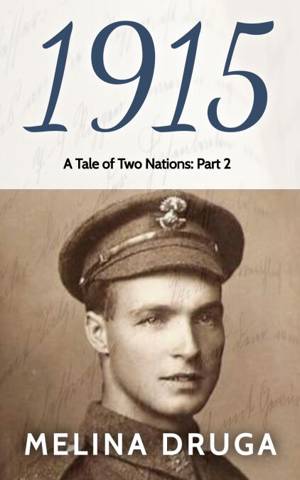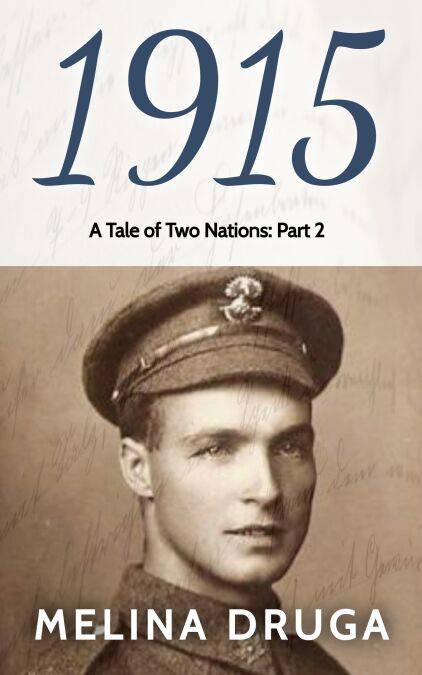
- Retrait gratuit dans votre magasin Club
- 7.000.000 titres dans notre catalogue
- Payer en toute sécurité
- Toujours un magasin près de chez vous
- Retrait gratuit dans votre magasin Club
- 7.000.000 titres dans notre catalogue
- Payer en toute sécurité
- Toujours un magasin près de chez vous
Description
Drawing on contemporaneous accounts of the First World War from Canada and the United States, freelance journalist Melina Druga offers readers an insightful exploration of early-20th-century attitudes toward the conflict, in A Tale of Two Nations: Canada, U.S. and WWI.
The newly founded Canadian Expeditionary Force's first sortie was the Second Battle of Ypres, which stretched on for more than a month in the spring of 1915. There, Germany unleashed nearly 200 tons of chlorine gas upon Allied trenches, leaving France's defense in the hands of the untested Canadians, who managed to secure victory by avoiding catastrophic losses.
Fifteen days after the chemical attack on Allied troops, the German Navy sank the RMS Lusitania, a British ocean liner, killing more than 1,100 passengers and crew. The 128 American casualties complicated U.S. neutrality; violent outbreaks between American citizens soon followed.
Germany's use of chemical weaponry and attacks on civilian targets made it clear that the Allies were fighting a war unlike any other in recorded history. But the question remained: Would President Wilson declare war in retaliation?
1915 is the second installment of the A Tale of Two Nations series.
Spécifications
Parties prenantes
- Auteur(s) :
- Editeur:
Contenu
- Langue:
- Anglais
- Collection :
Caractéristiques
- EAN:
- 9781393429463
- Date de parution :
- 28-04-21
- Format:
- Ebook
- Protection digitale:
- Adobe DRM
- Format numérique:
- ePub







